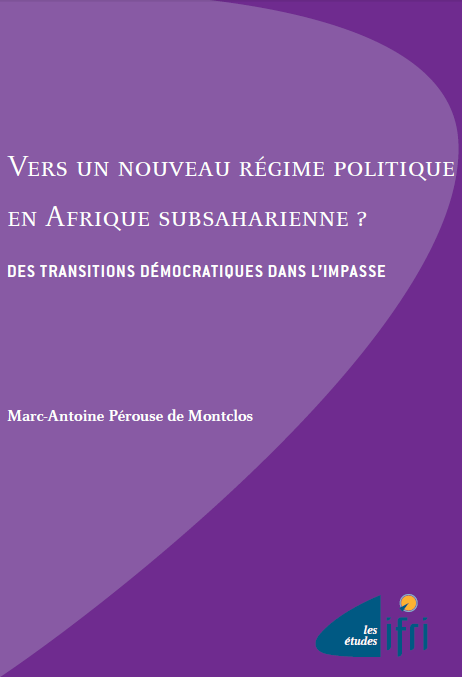Transitions but no Democracy: is a New Type of Regime developing in Sub-Saharan Africa? The case of Nigeria

Practical information

Sub-Saharan African hopes of democratization raised by the end of the cold war and the decline in the number of single party states are giving way to disillusionment. Most of the African states are now ruled by regimes that are neither military juntas nor parliamentary democracies. Despite recent events in Mauritania, Niger and Guinea-Conakry, the heavy trend notices a decrease in the number of successful or attempted coup d'état, even in Nigeria, where figures had reached world record levels. Nigeria is a classic example. The country lives in an area of turbulence between peace and war, where daily insecurity is so important that it highlights the fragility of its institutions. This situation does not favor either investment or the faith of citizen in their state.
Around Marc-Antoine Pérouse de Montclos, is a Senior Researcher at IRD (Development Research Institute, France) and Doctor in Political Sciences from Political Studies School of Paris (IEP Paris) . He is the author of the first annual study of Ifri's Sub-Saharan Africa program: Transitions but no Democracy: is a New Type of Regime developing in Sub-Saharan Africa?
Chairman: Alain Antil, head of Ifri's Sub-Saharan Africa programi
Speakers
Other events

From Ambition to Action: Exploring Technological Partnerships with India
The 16th EU-India Summit, held on January 27th in New Delhi with European leaders António Costa, Ursula von der Leyen, and Prime Minister Narendra Modi, marks a significant milestone in deepening EU-India relations. At the same time, official bilateral visits from EU member states are on the rise, including that of the French President, who visited India in February to participate in the Artificial Intelligence Summit. As India asserts its technological ambitions and seeks to reduce its dependence on China, Europe is stepping up its efforts to diversify its strategic partnerships.

The Enlargement of the European Union: A Strategic Choice? France, the Western Balkans and the EU in an Uncertain Geopolitical Context
Russia’s war against Ukraine has brought the enlargement of the European Union back to the centre of European strategic debates. In this context, the Western Balkans have regained heightened visibility in discussions on the continent’s security, at a time when the international environment is marked by a growing number of destabilising factors.








